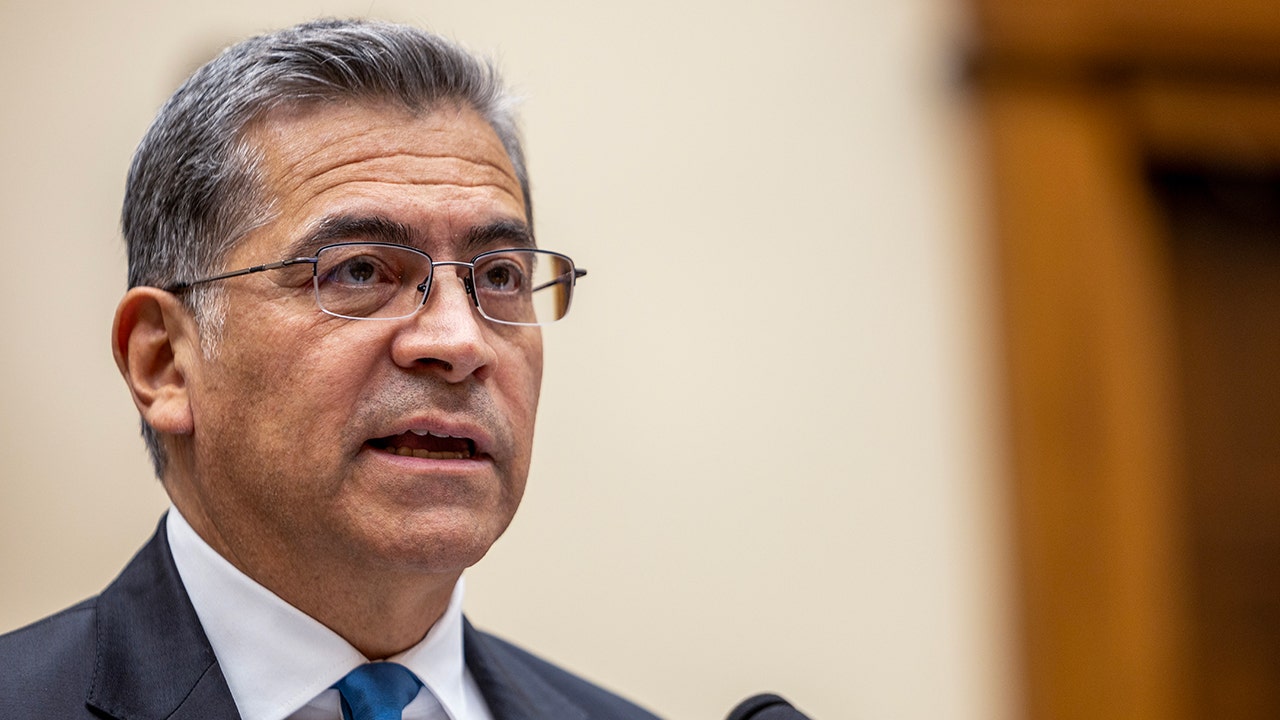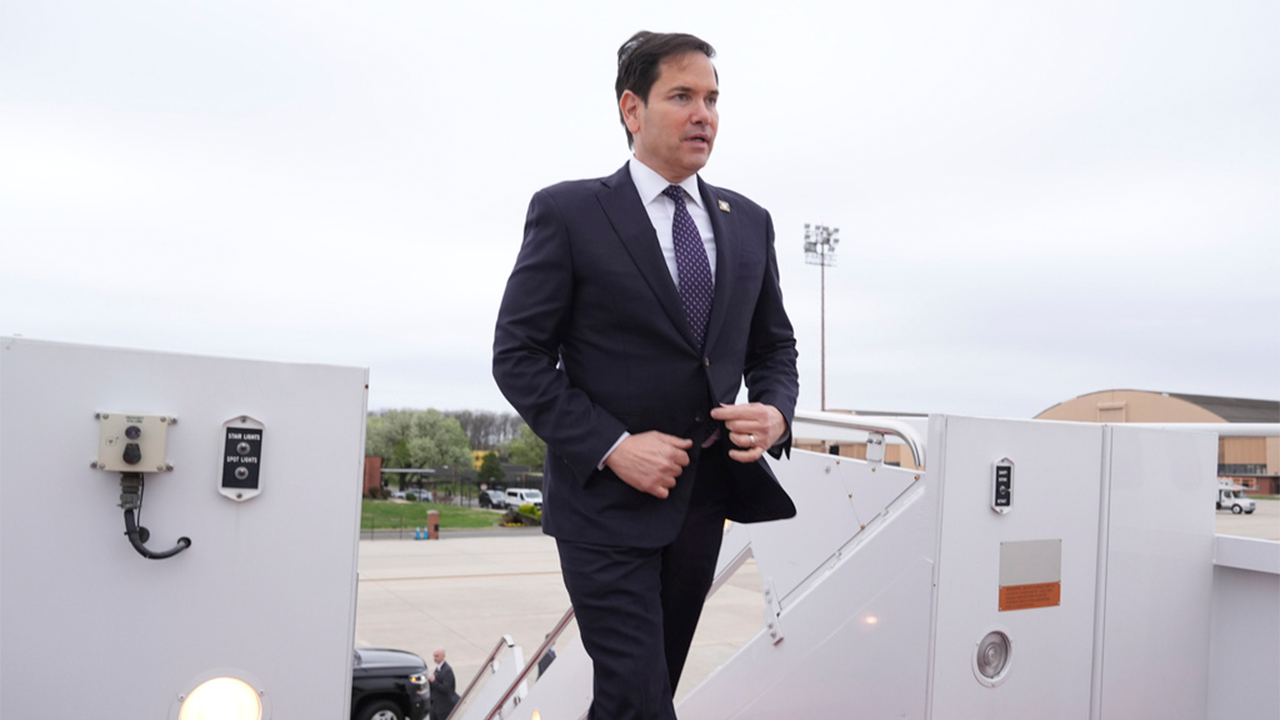Employers are luring workers back to their cubicles with the prospect of more “me time.”
As more companies require employees return to the office after years of remote work, they are also enticing colleagues with specialty vacation days meant for wellness, rest and recharging.
According to Axios, corporate hubs like New York and Miami have reached nearly or more than 90% of pre-pandemic levels of office foot traffic, data from July 2024 shows. Meanwhile, major companies like Amazon and JPMorgan Chase rolled out 5-day in-office policies at the start of 2025.
But some businesses are softening the blow of in-person work with more perks, including paid time off to focus on wellbeing, according to Fortune, which ranked the 100 best companies to work for this year.
According to the publication, IHG is now offering three “recharge days” per year, while ServiceNow allows staff to take off six additional wellbeing days and HP gives employees one “me day” annually.
Fortune reports that employers like Jackson Healthcare, Intuit and Sheetz give workers access to wellness centers for exercise, nutritionists and counseling, while Wellstar Health System offers a “spa-like” experience via its 16 “wellness rooms,” equipped with massage chairs, snacks and calming sounds.
In addition, Intuit has even rewarded staff for taking care of themselves by awarding works a $1,300 reimbursement to purchase items like exercise equipment.
The outlet also reported that Breakers in Palm Beach, Florida gives employees a four-day work week if the luxe resort is staffed, while the finance firm Fannie Mae lets workers leave early on Fridays at 1 p.m. and, similar to Vertex Pharmaceutical’s twice-yearly, week-long closures, the tax services company Ryan gives employees a full week break in July.
“This time acknowledges the need for time off not related to holidays and time when the entire company is closed,” the company told Fortune of it’s so-called “Ryan Break.”
The corporate prioritization of wellbeing comes after a wave of workplace trends that bubbled up as a result of burnout and flexible remote work, such as “quiet quitting” and “quiet vacationing,” and “The Great Detachment” took hold.
But even seated at their desks, some workers would rather masquerade as productive contributors rather than take on more responsibility.
The Gen Z trend “task masking” involves employees making themselves look as if they’re completing work or keeping busy even when they’re not, such as piling on unnecessary meetings, dragging their feet on certain tasks or even using mouse movement software.
“Companies that demand their employees return to the office are sending a message that presence equals productivity,” career.io coach Amanda Augustine previously told Fortune.
“This [trend] reflects young professionals’ beliefs that time and ‘face time’ at work isn’t equal to their outcome and impact.”
Read the full article here
















